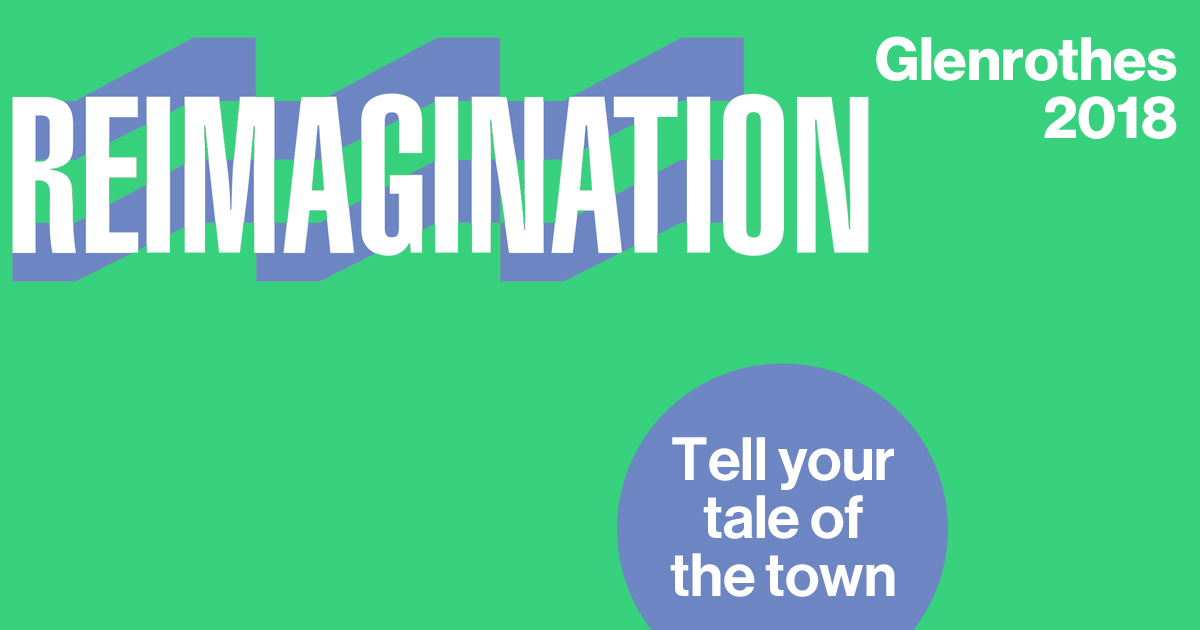
Glenrothes was designated as Scotland’s second post-war New Town in 1948, and in the spring of 2018 we’ll be marking this 70th anniversary by taking our ReimagiNation tour to the town, culminating in a festival in May.
Unusually among the New Towns, Glenrothes was not designed as an overspill site for Glasgow, but as a development to house workers at a nearby colliery. As the coal industry declined, the town was reimagined as a focal point of ‘Silicon Glen’, the heart of Scotland’s burgeoning technology sector.
As with many of the other New Town sites the development was problematic, with plans to centre the town on existing small villages meeting resistance. What had been largely agricultural land was transformed to the urban environment we know now, but the town still has deep-rooted connections with the rural. Despite winning the Carbuncle Award in 2009 – given to the country’s most ‘dismal’ place – Glenrothes continues to win horticultural and Beauty Scotland awards, as well as having a notable collection of public artworks. The town’s clean air and clean water have been draws for new residents and businesses from its beginning.
Failed utopias, unloved architectures, strained civic identities – these are common and often-peddled stories across Scotland’s New Towns 70 years on, but what of the people and their tales? If we pay more attention to the realities, the hopes and fears and desires of people in the area, would a picture emerge of a town more closely resembling the community which was dreamed of? And if not, why not?
As we prepare to bring our ReimagiNation tour to Glenrothes in 2018, we want to hear your tales of the town, as well as gathering your input to help us make the best festival we can for local people. Click below to take our survey.
Share your story
Before ReimagiNation comes to Glenrothes, we want to know more about the town and the people who live there. You can help us by answering a few questions - every respondent will be entered in to a prize draw too!
ReimagiNation is coming to Glenrothes in the spring of 2018. We’ll work with local people including schools and pensioner groups, before hosting a festival in May. Full details soon.
Share this Post
